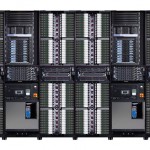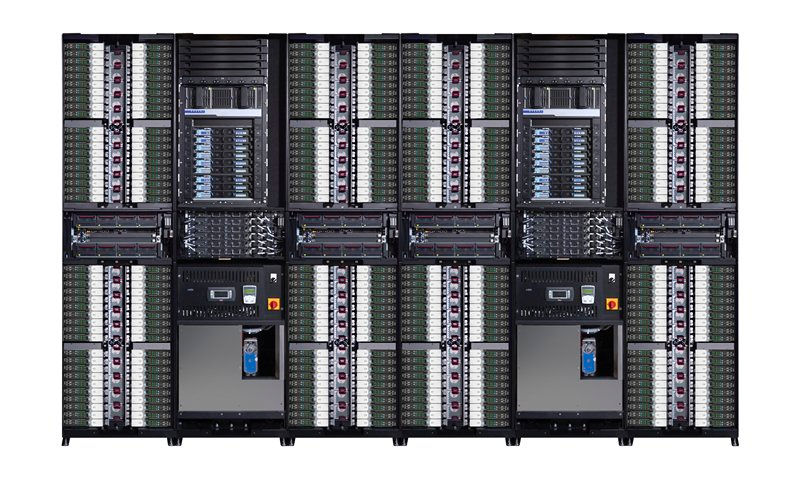It’s a different kind of computing world out there. The demand for more compute performance for applications used by engineering, risk modeling, or life sciences is relentless. If you work with workloads like these, your success depends on optimizing performance with maximum efficiency and cost-effectiveness along with easy large-scale deployments.
Computers are the engines that drive the discoveries that truly impact all of our lives. The massive compute power they provide allows leading research institutions in government, academia, and industry to run the simulations and analytics that are behind the most amazing advances in science and technology. Most of all—these applications are gathering data, quantifying information—and producing critical results. One of the biggest challenges surrounding the modern, high-intensity, applications revolves around resource consumption and economies of scale. So how do you keep up with all of these new demands? How do you create true HPC efficiency? In this whitepaper from HP, we explore the new HP Apollo Systems, where it can be deployed and how it directly impacts modern—high-performance—application requirements.
 As you create your own HPC ecosystem, it’s critical to know the very details that help enable it. For example, the ingredients in the HP Apollo system revolve around innovation. Multiple HP innovations make the Intel-powered HP Apollo 8000 System stand out from the competition. It leads the way in teraflops per rack for accelerated results. Its efficient liquid cooling is delivered without the risk, while paving the way to data center energy recycling and a more sustainable future. For example:
As you create your own HPC ecosystem, it’s critical to know the very details that help enable it. For example, the ingredients in the HP Apollo system revolve around innovation. Multiple HP innovations make the Intel-powered HP Apollo 8000 System stand out from the competition. It leads the way in teraflops per rack for accelerated results. Its efficient liquid cooling is delivered without the risk, while paving the way to data center energy recycling and a more sustainable future. For example:
- Dry-disconnect server trays contain sealed heat pipes that cool server components while keeping them dry
- The HVAC power distribution system eliminates most conversion steps to exceed Energy Star Platinum certification levels
- The HP Apollo 8000 iCDU Rack maintains sub-atmospheric pressure for operational resiliency and serviceability
- Quick-connect, modular plumbing kit can be operational quickly as opposed to multiple days or weeks
So while you are changing the world with your research results, you can reduce your impact on the planet by reducing energy use. You can even take it one step further and recycle the water to heat your facilities, and even melt the ice on walkways. Download this whitepaper today to learn how platforms like the Intel-powered HP Apollo infrastructure help enable new concepts and technological innovations.




